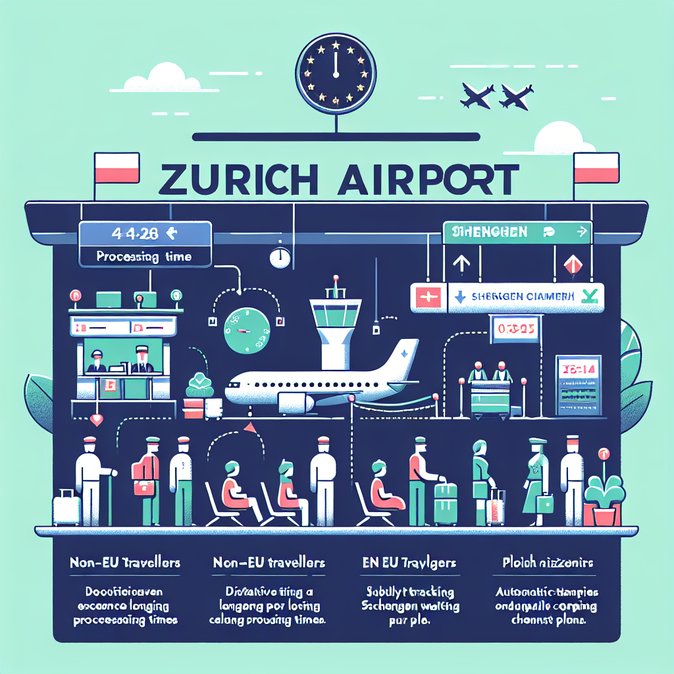
Foreign Minister Radosław Sikorski announced on 19 November that Poland will shut Russia’s final operating consulate in Gdańsk and formally ask EU partners to restrict Russian diplomatic travel within the Schengen Area. The move follows a weekend explosion on the Warsaw–Lublin rail line that Polish intelligence blames on operatives linked to Moscow; two suspected Ukrainian saboteurs reportedly fled via Belarus.
The closure continues a pattern: consulates in Kraków and Poznań were already shuttered after earlier sabotage cases. By calling for bloc-wide movement limits, Warsaw wants to stop Russian diplomats from exploiting open borders to stage intelligence operations elsewhere in Europe. If adopted, the measure could see Russian envoys needing country-specific travel authorisations, a step that would be unprecedented in the Schengen zone.
![Warsaw Closes Last Russian Consulate, Urges Schengen-Wide Curbs on Russian Diplomats]()
For global-mobility teams the practical impact is twofold. First, obtaining Polish visas or notarial services for Russian employees will become harder; companies may need to use Moscow’s Warsaw embassy or consulates in third countries. Second, any EU-level travel restriction could complicate short-notice trips by Russian nationals employed across the bloc, forcing rerouting via non-Schengen hubs.
Diplomatically, Moscow has promised reciprocal steps and denounced what it calls Polish “Russophobia,” raising the possibility of further tit-for-tat closures that could snarl administrative support for cross-border projects involving either country. Businesses with bilateral operations should map critical authorisations—work visa renewals, document legalisation—and identify alternative jurisdictions before year-end.
Security analysts see the consulate shutdown as emblematic of a wider tightening along NATO’s eastern flank, where sabotage incidents, migrant pressure at borders and cyber-attacks are increasingly interlinked. Mobility managers should expect heightened checks on rail and road corridors near the Belarusian frontier and plan buffer time for cargo and executive travel.
The closure continues a pattern: consulates in Kraków and Poznań were already shuttered after earlier sabotage cases. By calling for bloc-wide movement limits, Warsaw wants to stop Russian diplomats from exploiting open borders to stage intelligence operations elsewhere in Europe. If adopted, the measure could see Russian envoys needing country-specific travel authorisations, a step that would be unprecedented in the Schengen zone.

For global-mobility teams the practical impact is twofold. First, obtaining Polish visas or notarial services for Russian employees will become harder; companies may need to use Moscow’s Warsaw embassy or consulates in third countries. Second, any EU-level travel restriction could complicate short-notice trips by Russian nationals employed across the bloc, forcing rerouting via non-Schengen hubs.
Diplomatically, Moscow has promised reciprocal steps and denounced what it calls Polish “Russophobia,” raising the possibility of further tit-for-tat closures that could snarl administrative support for cross-border projects involving either country. Businesses with bilateral operations should map critical authorisations—work visa renewals, document legalisation—and identify alternative jurisdictions before year-end.
Security analysts see the consulate shutdown as emblematic of a wider tightening along NATO’s eastern flank, where sabotage incidents, migrant pressure at borders and cyber-attacks are increasingly interlinked. Mobility managers should expect heightened checks on rail and road corridors near the Belarusian frontier and plan buffer time for cargo and executive travel.


